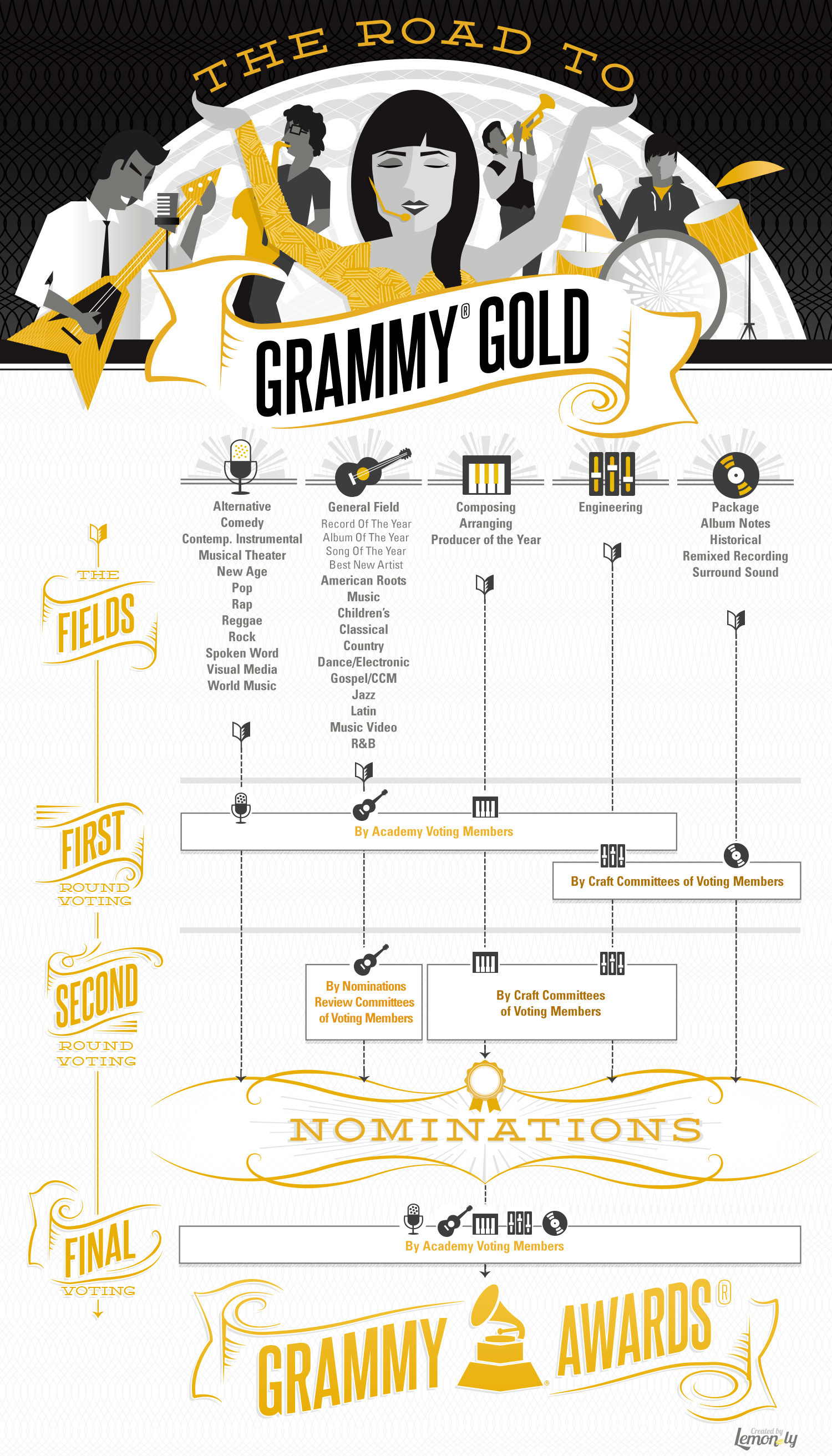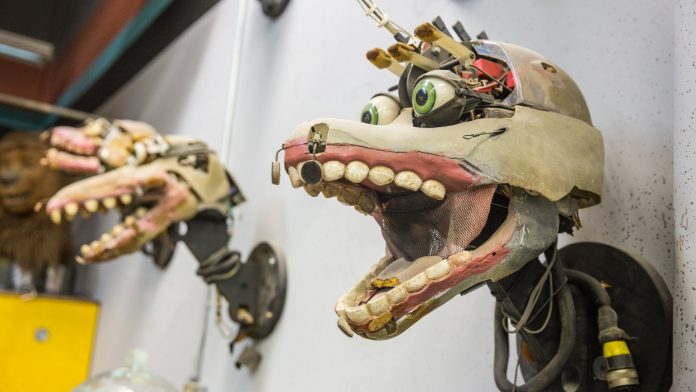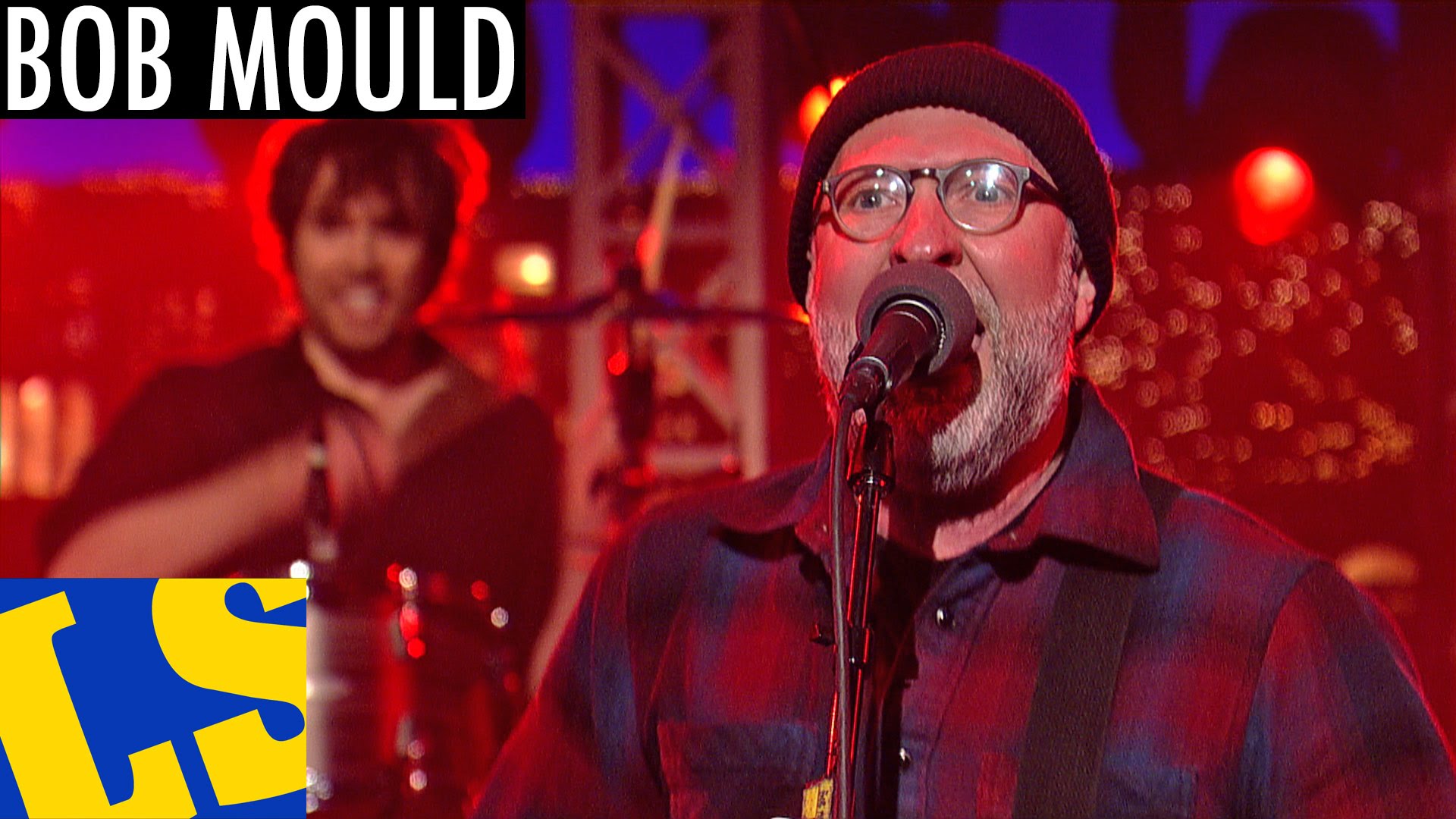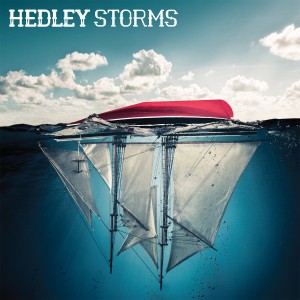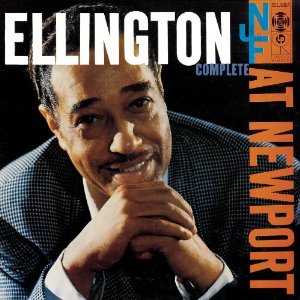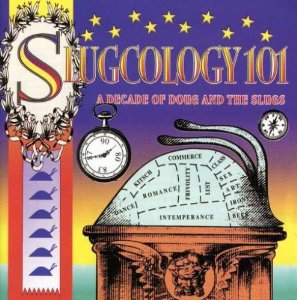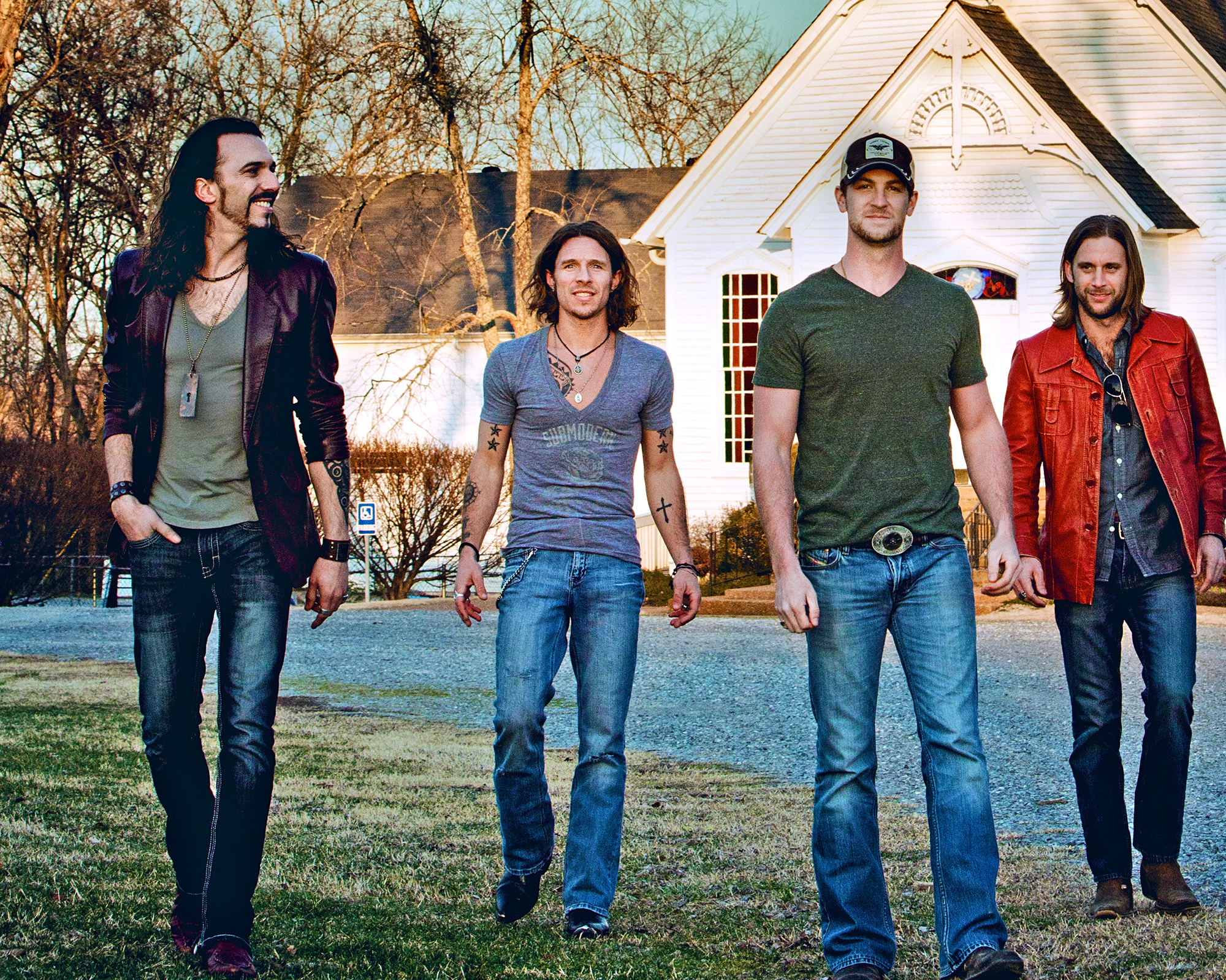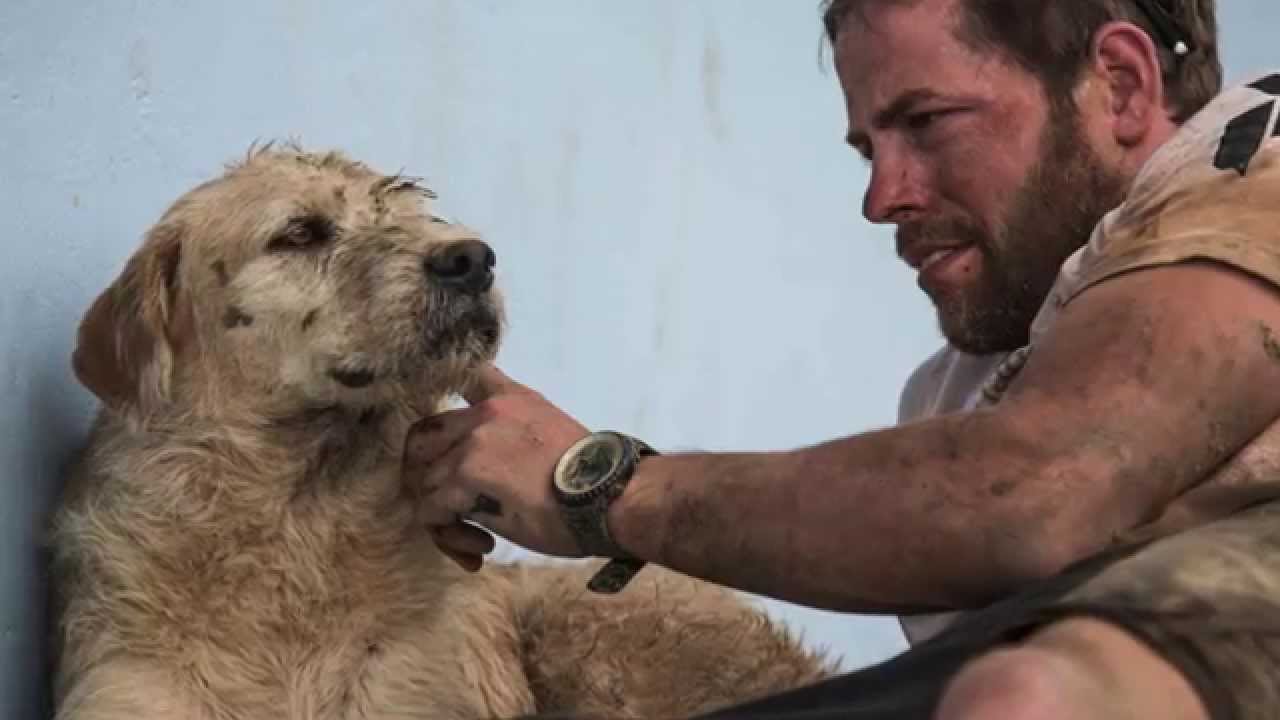Blackjack Billy is a Country Rock band composed of Rob Blackledge (vocals, guitar), Noll Billings (vocals), Jeff Coplan (electric guitar), and Brad Cummings (drums). Based in Nashville, they describe their music as “Redneck Rock.” Their debut single, The Booze Cruise, was independently released in March 2013 and Sirius XM Satellite Radio’s new country channel The Highway began playing it as a ‘Highway Find’. Combined with BjB’s heavy touring schedule The Booze Cruise took off and has sold more than 250K digital downloads, even reaching Platinum status in Canada. On top of their regular load of shows they are currently on their radio promo tour promoting their brand new single Get Some. Get Some is currently climbing the charts.
BjB played over 300 shows in 2013 and 2014 between festivals, clubs and fairs to well over 200K fans at some of the Summer’s biggest festivals including WE Fest (MN), Hodag (WI) , Taste Of Country Music Fest (CT), Sturgis Bike Week (SD), Toadlick (AL), Country Concert (OH) and some of the largest Canadian festivals including Cavendish, Calgary Stampede, Havelock Jamboree, and Big Valley Jamboree.
Eric Alper: SiriusXM really kickstarted your career, didn’t they? “The Blues Cruise” was played pretty early on The Highway channel.
Noll Billings: It was so early in our career and one of our big believers and supporters was John Marx over there in Nashville. Stormy and those guys, we came in and played him a song a he goes “I will play it today.” We were like, “Really?” And he said “Yeah!”
Eric: It’s like the 50s where an artist would cut something in the studio, get the vinyl right away and then walk down to the radio station and play it. Let’s get this on the air!
Noll: Ha! Just the fact that the freedom is there to do that is so nice to have that outlet still available in the music world. Because you know, it has changed a lot and you know with us and the Road Hammers and Doc Walker (two bands Blackjack Billy were on tour with at the time of this interview), we are all blue collar artists. We are tour-first artists and to have somebody like John who will show up at a show and go, “I’ll play that one tomorrow” and brings it in is real cool.
Eric: You’re from Missouri?
Noll: Arkansas border, Missouri, close to Memphis.
Eric: Rob is from Mississippi and Jeff Copeland, he’s the Canadian in the band.
Noll: Yeah, born in Montreal.
Eric: You guys are getting heat from Montreal because you’re not stopping there on the tour? You don’t want to upset them!
Noll: Ha! I know, man.
Eric: Take me back to those days and how you all got together. You were all songwriters in your own right and pretty successful.
Noll: Jeff knew Rob from Love and Theft. So Jeff had produced the first Love and Theft album which had the song “Runaway” on it, which was their first top ten. And Rob wrote that song with the Love and Theft guy. So they knew each other and Jeff was a huge fan of Rob’s, always was and wanted to do something with him. He didn’t really know what yet, he just liked his vibe and liked the way he sang and played. And when I met those guys, I just signed a deal at EMI and met Jeff and Jeff was just like, you gotta meet my buddy Rob, you guys gotta write some songs. And we didn’t really know what we were doing yet and what it was going to become and if it was going to become anything, and really we met Brad and we hooked up and were like we really have a band here. Lets go play some shows and the first night we played together we were looking at each other like, I’ll quit what I’m doing if you’ll quit what you’re doing and lets roll.
Eric: So, it’s that immediate? You knew right away?
Noll: Absolutely, yeah. And we all knew and we were all so excited about it, but at the time it was a little scary. Everybody had a job and a career making music which was the original dream, anyway. We want to play music forever. So, everybody had to put their pride and their safety zone away and say “alright, lets go.” And a lot of people doubted us at first. Rob had some people that loved his solo stuff and I had some people that liked my solo stuff. And Jeff had already made a great name for himself as a producer and people just said are you really going to quit producing that album for everybody and get in a little bus?
Eric: When that happens are you thinking, maybe I can fall back on all the rest of the music I have going on, or was is this band so true, and so real, that you were – this is it!
Noll: I was just praying that the other guys would be as committed as I was because once I played a couple songs with those guys, I just knew that. I just believed in it. I didn’t want to go back to playing any other kind of music. You know those guys, I’m just big fans of the guys in my band. I love their creativity and their talents and I don’t want to do anything else. So I was just hoping that they liked it as much as I did.
Eric: You guys are from all different parts of North America. Your music really has those kind of influences. Could you have come from a different place in America and have the band still sound like this? How deep do your influences run with what people bring into the band based on where you’re from?
Noll: There’s a little bit of the Cajun aspect. I knew my background and my influences, but having a group of guys who are involved in a the creative process, I didn’t know how it was going to work but everyone brought something great. Rob’s from Jackson and he’s a through and through blues/folk Taj Majal, Crosby, Stills – all that singer/songwriter stuff that I probably lacked in my arsenal, he just had that. It bleeds through whenever we’re writing and it bleeds through into the melodies. Jeff man, he’s a rocker. Jeff may have produced some great country stuff but I’m telling you – Jeff knows every Aerosmith or AC/DC song and he owns every Stones and Beatles records.
Eric: I love it when someone in a group says their influences are The Carter Family, Johnny Cash and then another member says, to them, it’s AC/DC and Aerosmith. That’s country music for you today.
Noll: Yeah, and Jeff was a hardcore rocker before he dove into country. For me, I did grow up on the classic country but the performers I fell in love with as a kid, when my mom was watching pull up ol’ Janis Joplin videos, Steven Tyler. I fell in love with the performance of that. Even Elvis, as great as the music was I just couldn’t stop watching that stuff. I was like, man if I ever get on stage, I’m going to go crazy. I want to have that much fun as it looks like she’s having.
Eric: When “Booze Cruise” starts to explode, even going gold in Canada on the way to sell 250,000 copies in North America, are you ready for that? It’s a cliche when artists say success doesn’t change them but when everything else around you is getting better, better shows, better food, more shows, more drives, bigger audiences and venues, are you comfortable and taking as it comes?
Noll: We were ready and I’ll tell you why because we had some good advice from some good people in Nashville. Doug Howard who ran Lyric Street for a long time, he signed the Rascal Flatts. Jeff and people he was working with at Ole and Open Road, he gave just good advice. We never chased radio and labels in Music Row first. We chased shows. We played 250 shows before we broke “overnight.” I think we were really ready for that. We just wanted to focus on the fans because that was the best way that you can make sure you have a job forever and play music forever. If you can bring it on stage, no one can ever take that from you. That’s your time up there, we focused on that first and we had done it a bunch before anyone really knew we were relevant at all. If there are any musicians out there, trust me, go play your butt off man before you tell everyone about your stuff.
Eric: So you can be on the road to the biggest band in the world.
Noll: There are people out there that really don’t care about the success or whatever, they just really like the creative process of the writing. Man, for me, it was always like – why would I want to play for 100 people when I can play for 1,000. Why would I want to play for 1,000 when I could play for a million? I want it. I want to play for the biggest crowds on the planet.

